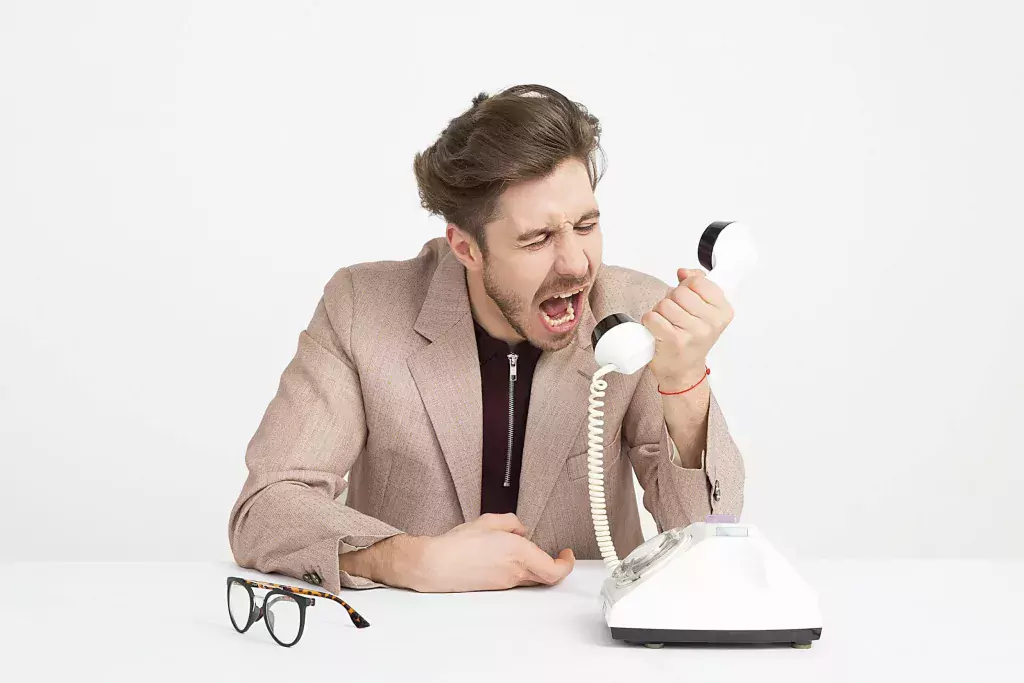Signs That You Need a Mental Health Day off Work
Workplace stress and the pressure to consistently perform at your best can be a show-stopper for your mental well-being. And in case you’re wondering – yes – that’s equally valid for both physical labor and intellectual employment.
So, if you’re already here, you probably know at least a little something about mental health days off work. To help you better understand the concept, its importance, and its benefits, we’ll guide you through it in the paragraphs below.
Are you wondering if it’s time for a well-deserved break and how to ask for it? Let’s figure this one out together.
What Is a Mental Health Day Off: The Basics
A mental health day off is, by definition, a designated break from work that allows individuals to prioritize their well-being and handle their mental and emotional needs. It is a day devoted to self-care, rejuvenation, and intentional stress reduction.
Unlike traditional sick leave, a mental health day off focuses specifically on supporting mental well-being rather than physical ailments. It acknowledges that mental health is equally significant and deserves attention and care.
Or else said – it’s a day that allows you to zoom out from work-related stressors, recharge your mental batteries, and engage in activities that promote relaxation and self-reflection.
How Are Mental Health Days Off Regulated
Before we delve into the signs that indicate the need for a mental health day, it’s essential to understand how these days off are regulated in various workplaces.
While the specifics may vary depending on your location and company policies, many organizations have recognized the importance of mental health and implemented supportive measures. Some workplaces may offer specific provisions for mental health leave, while others may include it under general sick leave or personal days.
If that’s not the case, your mental health day off will count as sick or personal leave – two alternatives to which every part-time or full-time employee should be entitled.
So, before you plan your me-time off the office, you should unavoidably familiarize yourself with your organization’s policies to ensure you understand your rights and options.
7 Signs You Need a Mental Health Day Off
There is still a lot of stigma surrounding mental health matters, especially in developing countries. This being said, many employees may consider taking a mental health day off work a sign of weakness or even grounds for employment insecurity.
This mindset can easily lead you to overlook or totally ignore the red flags, thus self-sabotaging your comfort and health.
Below, you will find a list of signs and symptoms that you should not neglect when it comes to workplace well-being.
#1 Persistent Exhaustion
Feeling permanently tired, both physically and mentally, or waking up tired after a good night’s sleep, can be a sure sign of accumulated stress.
If you find it difficult to get out of bed or feel constantly drained, it may be time to consider taking a mental health day off without having second thoughts about it.
#2 Decreased Productivity
Experiencing a decline in your work performance, struggling to concentrate, and having difficulty completing tasks that were once routine may indicate that your mental well-being is being compromised.
Taking time off can help you regain focus and rejuvenate your productivity healthily and intelligently.
#3 Increased Irritability
It could signify mounting stress if you become easily frustrated, snap at colleagues or loved ones, or feel on edge without a particular reason.
Stepping away from work for a day can allow you to recharge and recover your composure before stress becomes burnout.

#4 Emotional Overload
Frequent mood swings, feeling overwhelmed by emotions, or difficulty controlling your reactions are also important markers to pay attention to.
Work-related stress can contribute to emotional volatility, causing you to experience heightened levels of anger, sadness, or anxiety. This emotional overload can make it challenging to navigate daily tasks and maintain stable relationships.
#5 Lack of Motivation
Did you know that the word intrigued comes from the Latin intrīcō, meaning to entangle or perplex? Then, the Merriam-Webster dictionary tells us that the opposite of intrigued would be absent, inattentive, or apathetic.
Prolonged stress can rob you of the inbound human quality of being entangled, taking away from your enthusiasm and passion. No – going through the motions without experiencing a sense of fulfillment or purpose is not how things should be.
#6 Difficulty Disconnecting
If you simply can’t switch off from work and constantly think about job-related tasks outside of work hours, it’s time to step back.
This inability to mentally detach from work can blur the boundaries between personal and professional life, leaving you constantly on-call and unable to relax or recharge fully.
#7 Physical Symptoms
Physical manifestations such as headaches, stomach problems, muscle tension, or a weakened immune system can also signal excessive stress.
These symptoms should not be overlooked, as they can easily reveal that your mental well-being is being compromised.
The more of the symptoms above you experience, the more urgent the need to rethink your work-life relationship and take measures to destress.

How to Ask for a Mental Health Day Off Work
You are not and should not be required to disclose your emotional states at work unless you want to be open about the situation.
Of course, if your employer actively engages in employee well-being and offers official mental health days off, you can go straight to the point. In that case, you can communicate openly with your supervisor or HR department about your mental health needs. Explain why you requested and emphasize that taking this time off will ultimately benefit your well-being and work performance.
Additionally, if your organization has an Employee Assistance Program (EAP) or mental health support services, contact them for guidance on requesting a mental health day off.
When you don’t feel comfortable discussing your mental health, you have two different alternatives:
- Utilize personal days off or personal leave entitlements without providing detailed explanations.
- Or frame your request as a necessary day off to attend to physical health concerns, a.k.a. sick leave.
The most important basis for your approach should be your personal comfort; after all, your employee expects you to perform at work and not share private information about your life outside working hours.
How to Spend Your Special Me-Time
Once you’ve successfully secured a mental health day off work, it’s time to make the most of this time to recharge and rejuvenate. There is only one universally valid rule about this day, and it says: do, think, and plan nothing related to your job.
Whatever comes next depends on your preferences and personality. So instead of doing things by the book, do them by heart – just make yourself feel good your way.
It could be a day up in the mountains or a day in bed with your favorite novel. It could be a long cooking session, a roller-coaster ride with your kids, or a long talk with an old friend. You can plan and do whatever feels right, even if it’s way too far away from the commonly recommended yoga, deep breathing, and mindfulness sessions.
Benefits of Taking a Deserved Well-Being Break
Taking a mental health day off work can provide numerous benefits, most of which are quite obvious.
By definition, your most precious benefit will be your enhanced mental well-being. Stepping away from work can help alleviate stress and reduce burnout, allowing you to return with a fresh perspective and renewed energy.
This will inevitably result in increased productivity and the ability to feel intrigued by your job once again. You can return to work with increased focus and efficiency by giving yourself the space to rest and reset.
Ultimately, you will enjoy an improved work-life balance. The reason is simple – a mental health day off work sets a precedent for self-care and sends a positive message to both yourself and your colleagues.
To sum it all up – taking a mental health day off is a proactive step toward normalizing normality. Because a human being is not designed to work, sleep, and then work again; a human being is designed to feel intrigued by work, life, and everything in between.

Mental Health Day off Work FAQ
Can I take a mental health day off if I don’t have an officially designated policy at my workplace?
Yes, you can still request time off for mental health reasons, even if there is no specific policy in place. You can simply use your personal or sick leave and use it to recharge mentally.
Can I use my day off to address underlying mental health issues?
While a single day off cannot solve deep-rooted mental health concerns, it can provide a much-needed respite and an opportunity to seek appropriate help and support.
Can I request a mental health day off without disclosing the specific reason?
Yes, if you don’t feel comfortable disclosing the specific reason for your time off, you don’t need to do it. Just take a personal day off without elaborating on the precise details.

